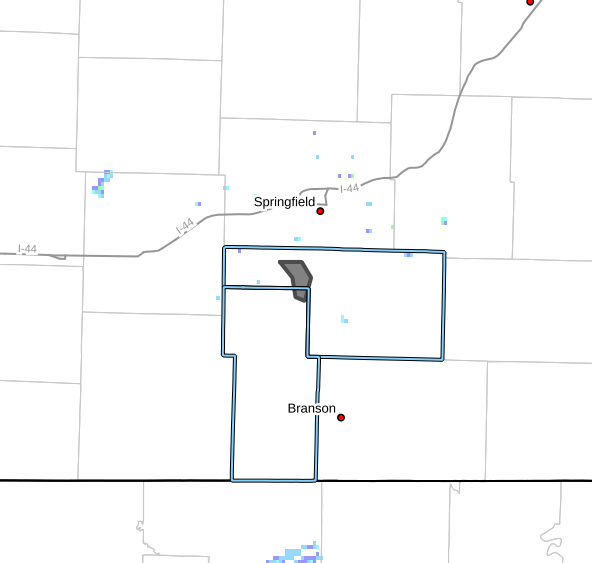A Greene County Judge has ruled in favor of a developer trying to block an election regarding property across Sequiota Park and whether it could be rezoned for an apartment complex and business development.
Judge David Jones’ rule stopped a planned election on August 3 and found a zoning referendum process outline in City charter clashes with state law and in turn violates U.S. and Missouri constitutions.
A lawyer for the developer says a petition, which garnered more than 2,700 signatures, should be invalid because it didn’t explicitly ask for a vote.
You can read more with a press release below…
Greene County Circuit Court Judge David Jones reached a decision in favor of a developer Monday in a lawsuit filed by Elevation Enterprises, LLC. The developer sued the City of Springfield and City Council to block an election asking voters whether a property across from Sequiota Park should be rezoned for a 100-unit apartment complex and business development.
The judge agreed to stop a planned Aug. 3 election and found that a zoning referendum process outlined in City charter conflicts with state law and violates the U.S. and Missouri constitutions.
That petition process had allowed Galloway Village Neighborhood Association members to collect more than 2,700 signatures and submit them to the City, asking City Council to reverse its previous September 2020 decision to rezone the property or put the question before voters.
Council opted to call an election, but Elevation Enterprises’ lawyer wrote in court documents the petition should be invalid because it didn’t explicitly seek a vote.
City Attorney Rhonda Lewsader said the decision confirmed the City’s position that a contradiction exists in the City Charter. The contradiction is between the Charter section outlining the process for referendums and the Charter section detailing zoning procedures. State law also dictates procedures for zoning property that are in conflict with the City Charter’s referendum procedure.
“City Council did what they felt was best in the difficult situation of receiving a zoning referendum when Charter provisions conflict and conflict with state law. This decision makes clear that repealing rezoning through a general election would conflict with state law,” Lewsader said.
If the City sought to address the conflict in the Charter, the issue would need to go to a vote of the people. An attempt to address this conflict went to a vote in 1994, but voters defeated the suggested fix. Lewsader said there has not been a decision whether or not to take this before voters again.
“In this case, all parties had ample time and opportunity to express their opinions about the original proposed rezoning request, and the matter came before both the Planning and Zoning Commission and City Council, with public hearings held in front of both.”






